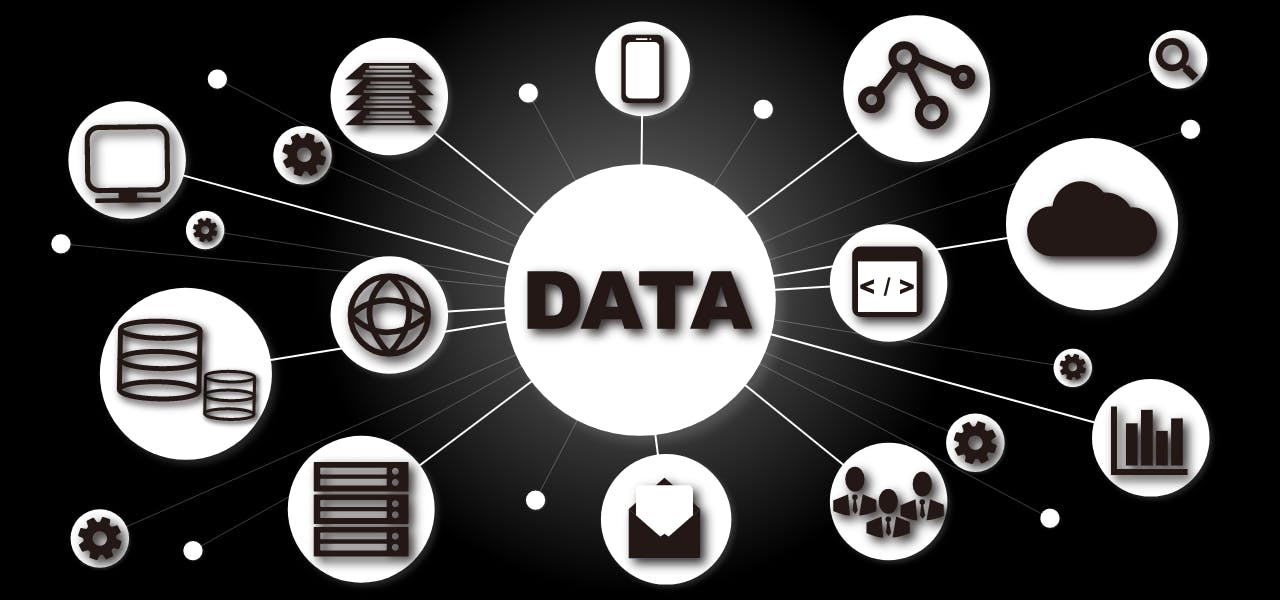The practice of collecting information based on polls and surveys has been around for millennia, starting with tally marks on a stone tablet. Today’s practices are as different from those original raw and basic starting points, but they serve an even larger purpose. Now, data is used by research and development companies and scientists around the world in universities and industries to drive decisions that have an impact on communities, societies and global measures.
How metadata is compiled and analyzed ultimately decides the next steps and products that a business puts out, creates policies and agendas in the law, and determines the effectiveness of a scholar’s research work. Both big data and small data are used when these outcomes are in process, and researchers need to know what each type of data means in the Digital Era when so much can be riding on one factor.
What is Small Data?
Small data is used to drive decisions in the moment or for short periods. Any information that is included in a small dataset that can be used to make decisions in real time, is currently in the process of collection, and can be stored in a spreadsheet would be considered small data.
The data derived consists of specifically determined attributes that a researcher is looking for in order to analyze something they are currently working on. Small data is obtained by mining through big chunks of data in order to make an in-the-moment analysis of a subject area that is being studied.
What is Big Data?
Moving beyond small data, the collection of any structured and unstructured information is considered to be Big Data. Big data exists in a massive amount of volume storage capacities, with seemingly endless analysis potential, but the difficulty for researchers lies in sifting through all of the data to determine what is meaningful and useful to help them to make their decisions, and for industries to decide what is driving trends and future ideas to help them inform their business targets.
Professionals using Big Data extract what they’re looking for through Big Data Analytics, then they narrow down the results of the information that was obtained in order to answer their questions. Big Data references the huge amount of information that is obtained through the mining process, but it also refers to the fact that the data incorporated in it can result in big decisions made with large impacts.
With continually evolving technology, more and more devices will be connected to the internet, resulting in ever-increasing amounts of data to be collected, mined, and sorted through by professional researchers to be put to use beneficially for experiments or business decisions in the future.
The Benefits and Challenges of Using Both
Both Big and Small Data are important to researchers in different ways. When the study calls for an immediate answering of in-the-moment information that is easy to understand and get to quickly for analysis, Small Data is crucial. But Big Data is also important if you have the right tools, because it can be used to predict future trends and worldwide changes.
Both Big and Small Data have the capacity to be used to impact research and businesses when they are pulled from their mining sources and used strategically to make thoughtful conclusions based on deep analysis that can be used to drive decisions.
The prolific amount of data that is capable of being stored, mined, accessed, and analyzed is immeasurable, so researchers rely on tools to input their requests and receive the relevant data. As these tools become more sophisticated, the results of the analysis of the data becomes even more relevant and accurate. Scientists in research and development industries are challenged by determining what, if any, of all the information available is necessary for their decisions, but when the right data combination shows up, the benefits can be widespread, helping them to make impactful decisions for their target audience.
